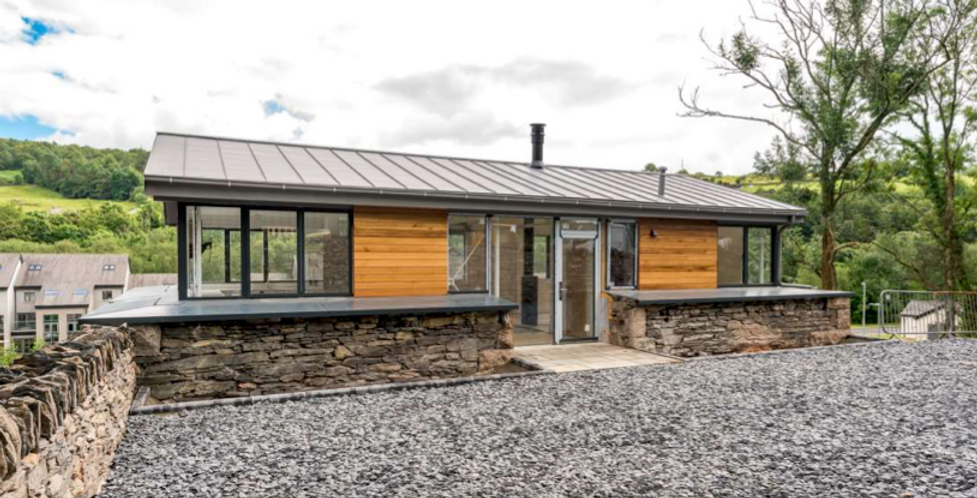Are we there yet?.......
We’re currently working on a country house refurbishment project in the North West, where the client has specified the inclusion of an electric car charging point – something an increasing number of projects are incorporating.

The last four years have seen a remarkable surge in demand for electric vehicles in the UK – new registrations of plug-in cars increased from around 3,500 in 2013 to more than 170,000 in August this year. The government plans to ban the sale of all diesel and petrol cars and vans from 2040.
So, what are the major considerations?
Range
This is a big stumbling block to more widespread uptake. As batteries improve, so will the distance available but for now, at least, hybrids seem like the more sensible option. Battery performance is also at the heart of a car’s charging time. Whereas most people will spend just a few minutes filling up with petrol, ‘slow’ charging car units (up to 3kW) are best left overnight. ‘Fast’ chargers (7-22kW) can fully recharge some models in 3-4 hours, while ‘rapid’ charging units (43-50kW) are able to provide an 80% charge in around 30 minutes but only tend to be available in petrol stations.
Infrastructure
The UK network of charging points has increased considerably over the last few years but still number less than 10,000. It’s fairly easy to have a charging point installed at your home that will allow you to use slow or fast charging – though not rapid. You can get a grant towards the cost of installation, capped at 75%, or £500, although some car manufacturers may carry the entire cost of installation.
Location
The majority of car charging companies offer software apps for smartphones that tell you where the closest charging point is and how to plan a journey to incorporate charging points as necessary – even booking them on your behalf. BP and Esso plan to start adding electric charging points to UK petrol stations next year, improving the network significantly.
Cost
Electric vehicles have always been more expensive to buy than equivalent conventional vehicles. However, this gap is closing due to more cost-effective manufacturing, increased demand and cheaper, more efficient batteries. Within 3-4 years the price of EV’s is expected to be roughly comparable to standard petrol and diesel cars.
With the impetus very much in favour of moving to less environmentally damaging modes of transport, it’s safe to predict that the electric car will only become more popular. Electric cars are extremely cheap to run because their recharging costs are almost negligible, while the fact they don’t emit any nasty pollutants from their exhausts means there’s no road tax to pay (yet!). If you buy your electricity from a green provider, recharging becomes more eco-friendly, too.
UK planning conditions will also continue to push car charging points in the right direction and architects will soon see the need to specify car charging facilities as part of gaining a planning permission for their developments.
Of course, lower emissions can only be a good thing for our towns and cities and the people who live in them. It’s important to bear in mind electric car technology is still developing and, given that public charging points only started to appear in the UK in 2007, it’s impressive that the network has grown as much as it has. There does need to be an industry-wide agreement on types of connectors and payment methods, though, as the number of possible options for both is too varied at present.
At the moment, buying an electric car feels like a leap of faith; in the years to come it may well be the only sensible option......












